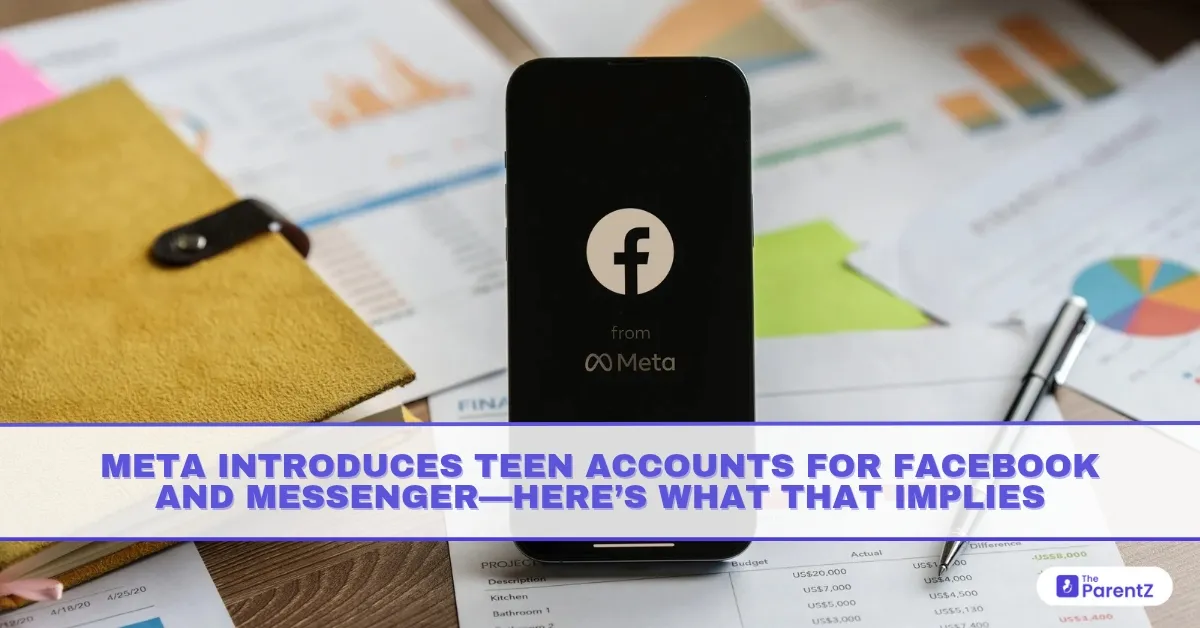Social media used to be the wild west for teenagers — a land where privacy was more suggestion than rule, and algorithms danced freely with young minds, often without anyone stopping to ask: Is this safe? But the tides are turning, or at least, Meta wants us to think so.
In a move that’s got both parents and tech experts leaning in, Meta has announced the introduction of Teen Accounts for Facebook and Messenger. So what does that actually mean for families and teens? Read below this article to explore the future of social media itself.
Why Meta Is Shifting Focus to Teen Accounts?
The truth is, regulators and parents have been breathing down Meta’s neck for years. Between concerns about cyberbullying, exposure to inappropriate content, and the addictive nature of infinite scrolling — the heat was on.
Statistically speaking, according to a Pew Research Center survey, 59 percent of U.S. teens report feeling “addicted” to social media platforms, while 32 percent say it has a mostly negative impact on their mental health. These numbers paint a sobering picture, and Meta has finally responded with a structured change.
The new teen accounts are Meta’s attempt to balance connection and safety — a move that feels like handing your kid the keys to a car but limiting them to first gear.
What Teen Accounts Actually Do?
Under this new setup, teens (aged 13 to 18) will get accounts that come with default privacy settings designed to limit their exposure to strangers and certain content. Features like “Who can message your teen,” “Who can see your profile,” and ad-targeting controls are now much more restricted.
Messenger, specifically, will also reduce who can send friend requests, while new supervision tools will allow parents to have some digital “training wheels” for their child’s online life.
The Hidden Implications for Parents and Teens
On the surface, this feels like a long-overdue step toward digital responsibility. But let’s pause and consider the flip side: even with these new controls, teens are still navigating spaces designed to hook them. Algorithms, likes, streaks — all still in place.
The teen accounts act more like a guardrail than a brick wall. Parents must understand: this doesn’t replace conversations about online safety, self-esteem, and media literacy. It’s simply a tool, not a total solution.
Will This Make Social Media Safer for Teens?
The hope, of course, is yes. By putting a lid on harmful interactions, Meta seems to acknowledge what researchers and parents have said for years — that unsupervised social spaces are not developmentally ideal for young users.
But technology evolves faster than regulation, and teen behavior evolves even faster than that. This means parents still need to stay informed, involved, and proactive.
Final Thoughts
Meta’s Teen Accounts is a safety net, one that was frankly long overdue. As this change rolls out, the best approach for families will still be a balanced one: part technology, part trust, and part good old-fashioned conversation.
Because in the end, no algorithm will ever replace a parent’s guidance.








Be the first one to comment on this story.